Search
Research
Persistent activation of interlinked type 2 airway epithelial gene networks in sputum-derived cells from aeroallergen-sensitized symptomatic asthmaticsOur findings provide new insight into the molecular mechanisms operative at baseline in the airway mucosa in atopic asthmatic with natural aeroallergen exposure
Research
The clinical utility of lung clearance index in early cystic fibrosis lung disease is not impacted by the number of multiple-breath washout trialsThis study aimed to determine if relationships between LCI and clinical outcomes of CF lung disease differ when only two acceptable MBW trials are assessed.
Research
Effect of posture on lung ventilation distribution and associations with structure in children with cystic fibrosisBackground: We assessed the effect of posture on ventilation distribution and the impact on associations with structural lung disease.
Research
Air trapping in early cystic fibrosis lung disease-Does CT tell the full story?Mosaic attenuation on expiratory chest computed tomography (CT) is common in early life cystic fibrosis (CF) and often referred to as "air trapping"
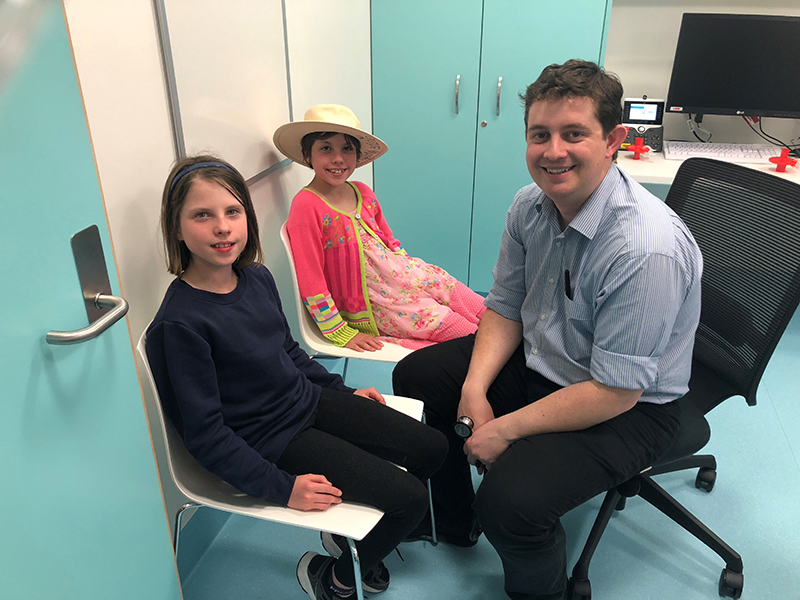
News & Events
Can a simple urine test predict asthma? New study aims to find outThe Kids Research Institute Australia researchers are investigating whether a simple urine test could predict whether young children with wheezing symptoms will go on to develop asthma.
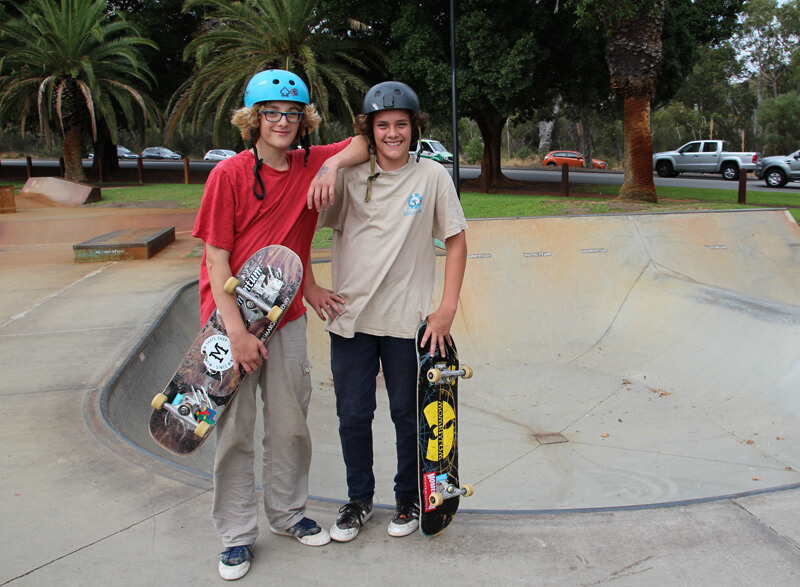
News & Events
Premmie twins defy the oddsWhen Samuel and James Considine were born in October 2003, perilously close to what the medical world describes as the limit of viability, each weighed just 700 grams and could fit into the palm of their father’s hand.
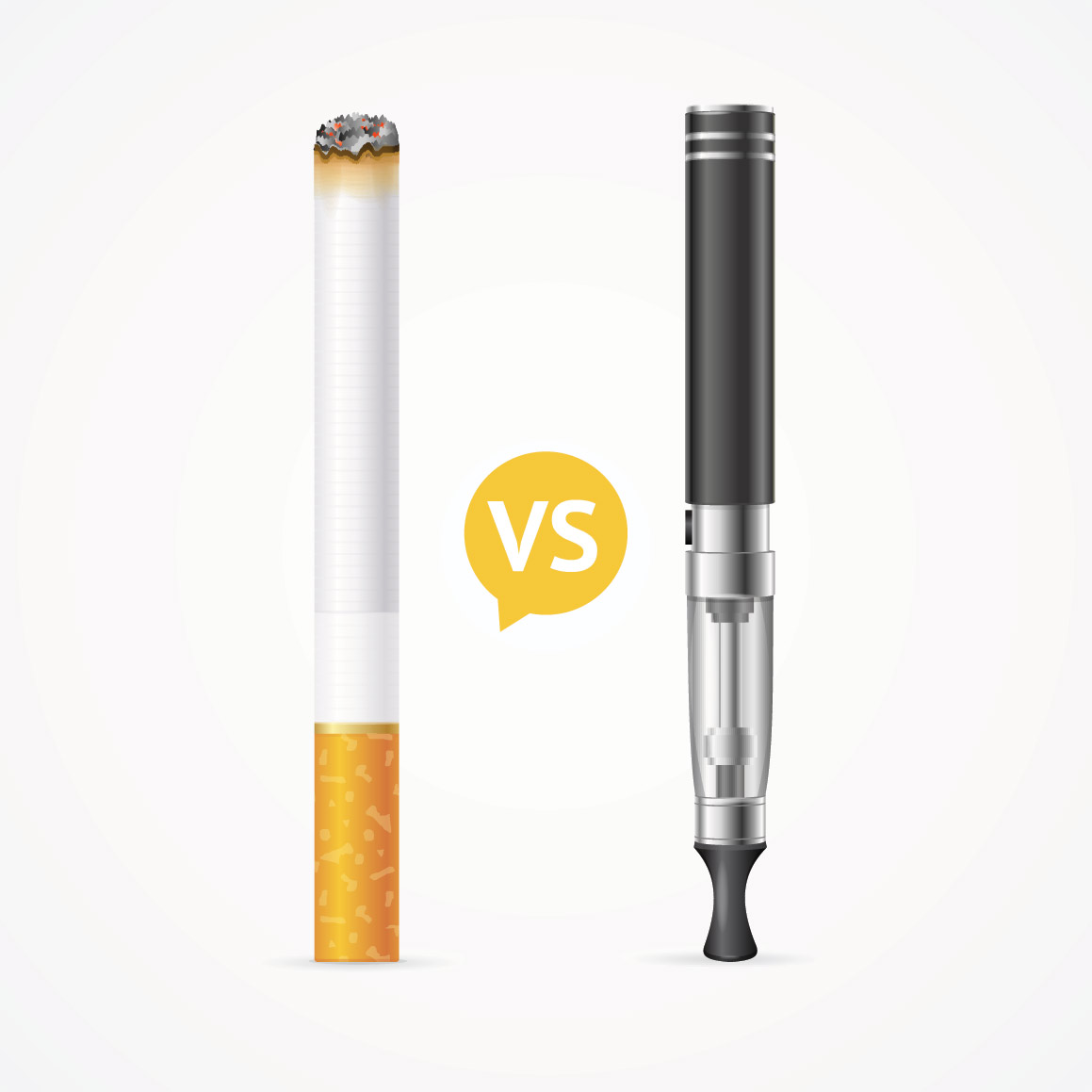
News & Events
Study shows e-cigarettes can harm lungsA study led by researchers at The Kids Research Institute Australia has shown that electronic cigarettes can cause lung damage.
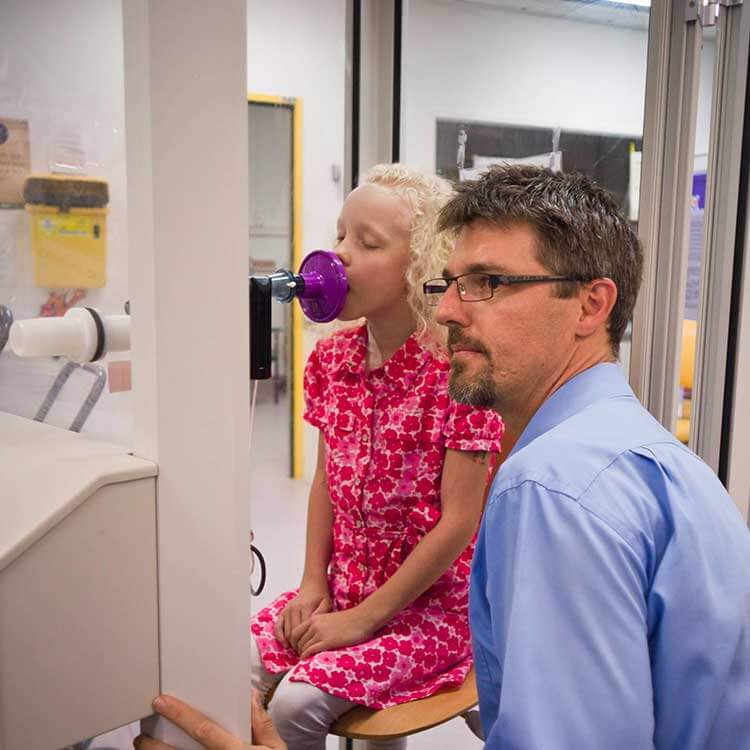
News & Events
Lung problems continue into childhood for premmie babiesNew research from Perth’s The Kids Research Institute Australia shows that babies born premature continue to have lung problems well into childhood.
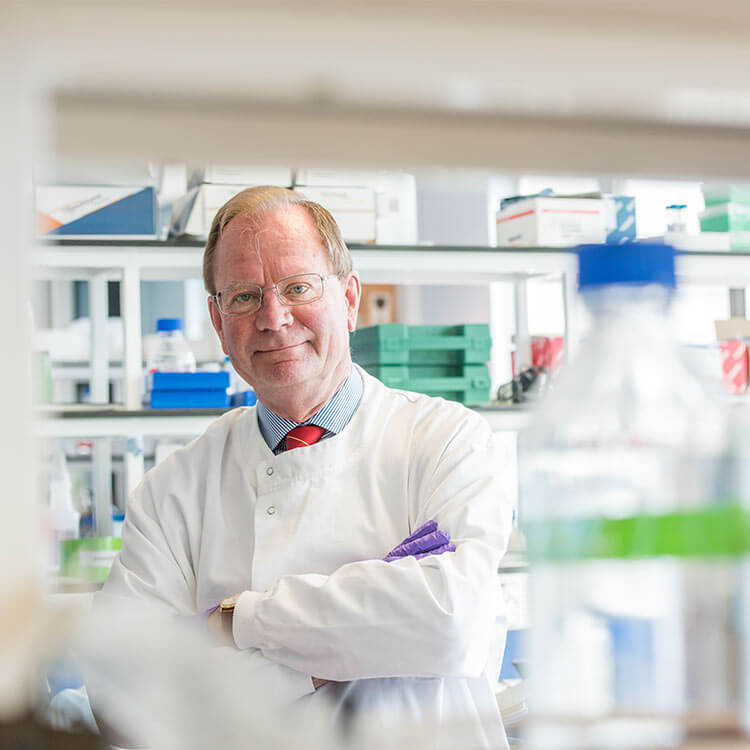
News & Events
Annual Community Lecture: You Are What You BreatheJoin us for our Annual Community Lecture entitled "You Are What You Breathe" with Professor Stephen Holgate.
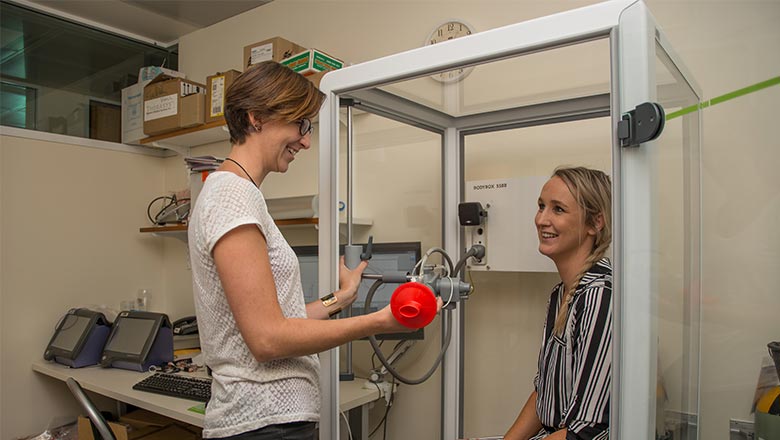
News & Events
Researchers urge caution in how asthma test is usedResearchers are urging caution in the use of a widely accepted test for diagnosing asthma, after their study found it may not be accurate in some settings.
